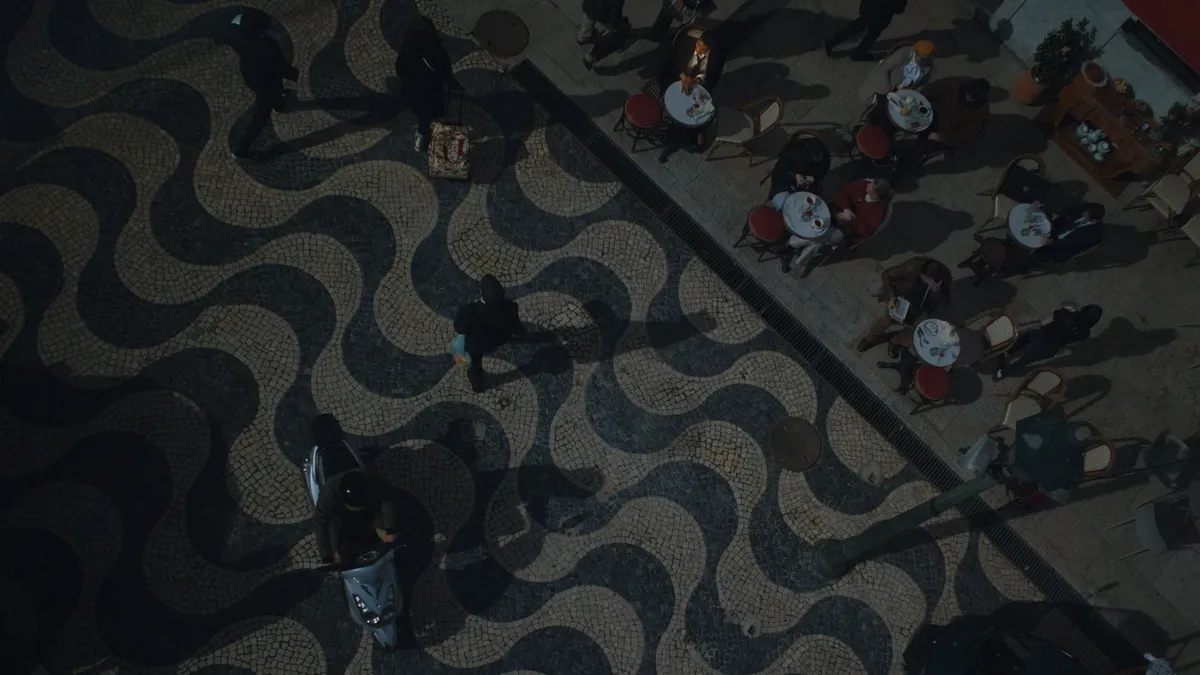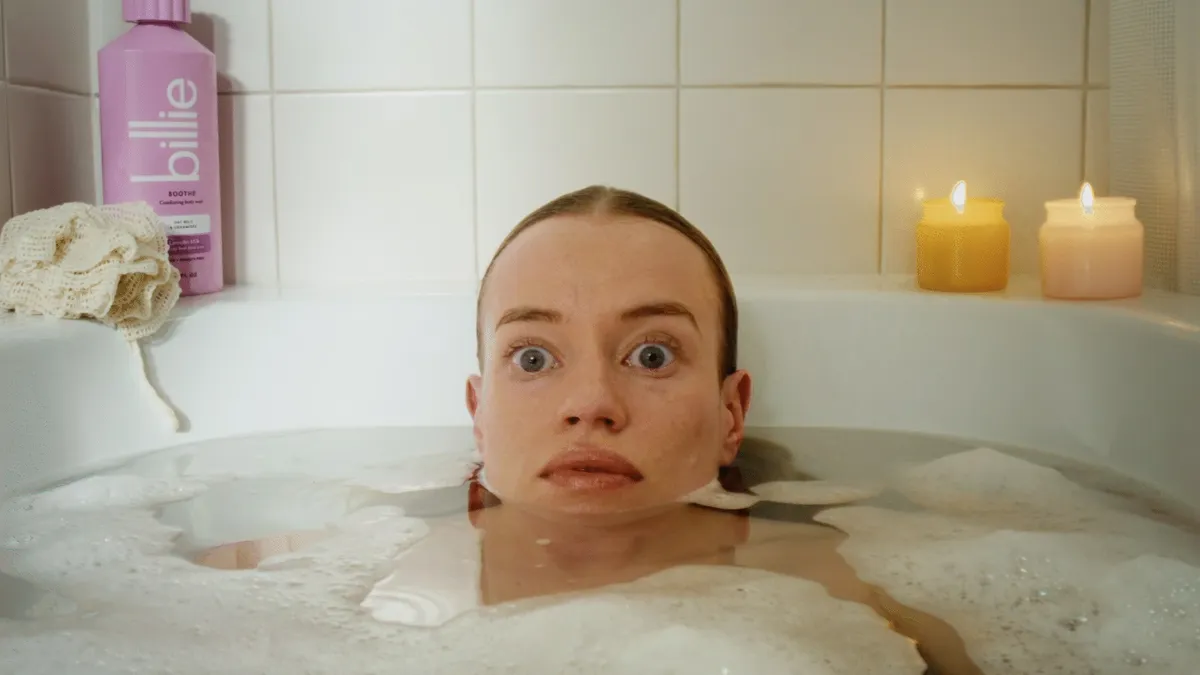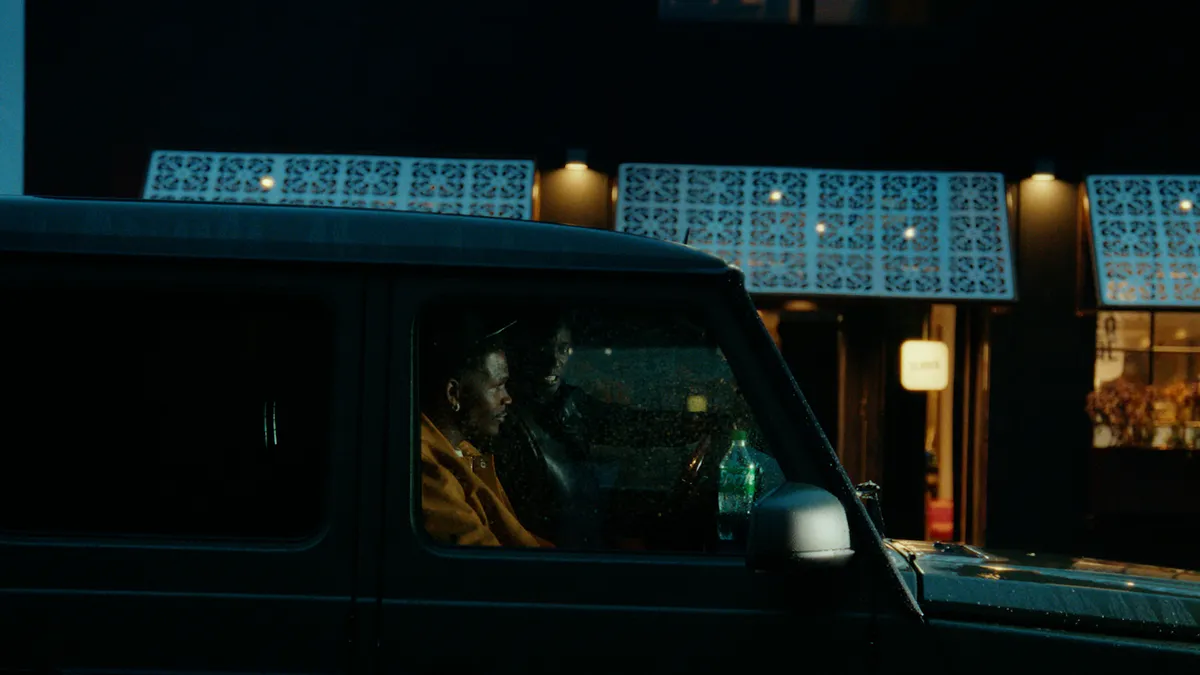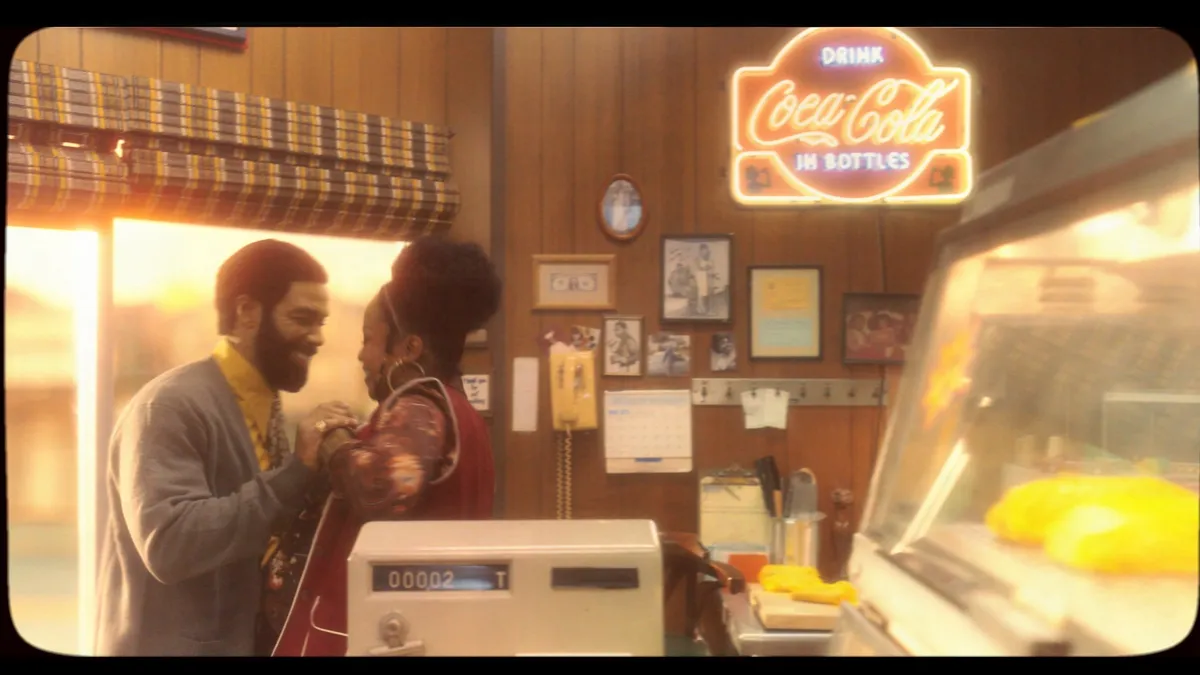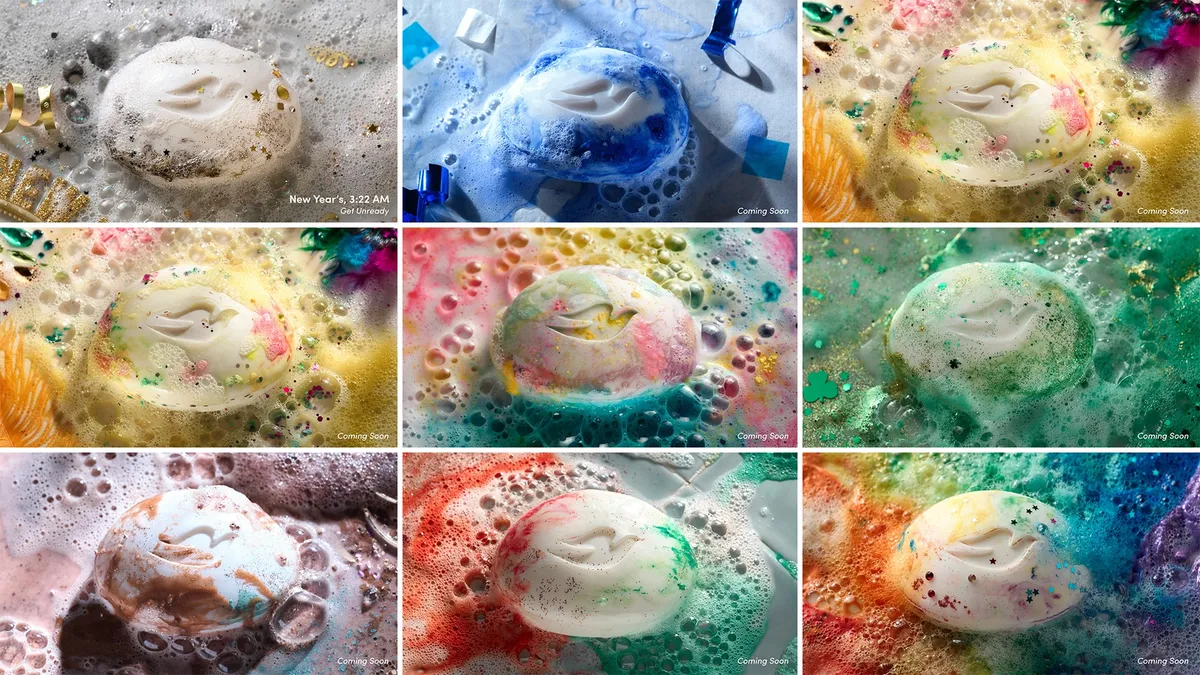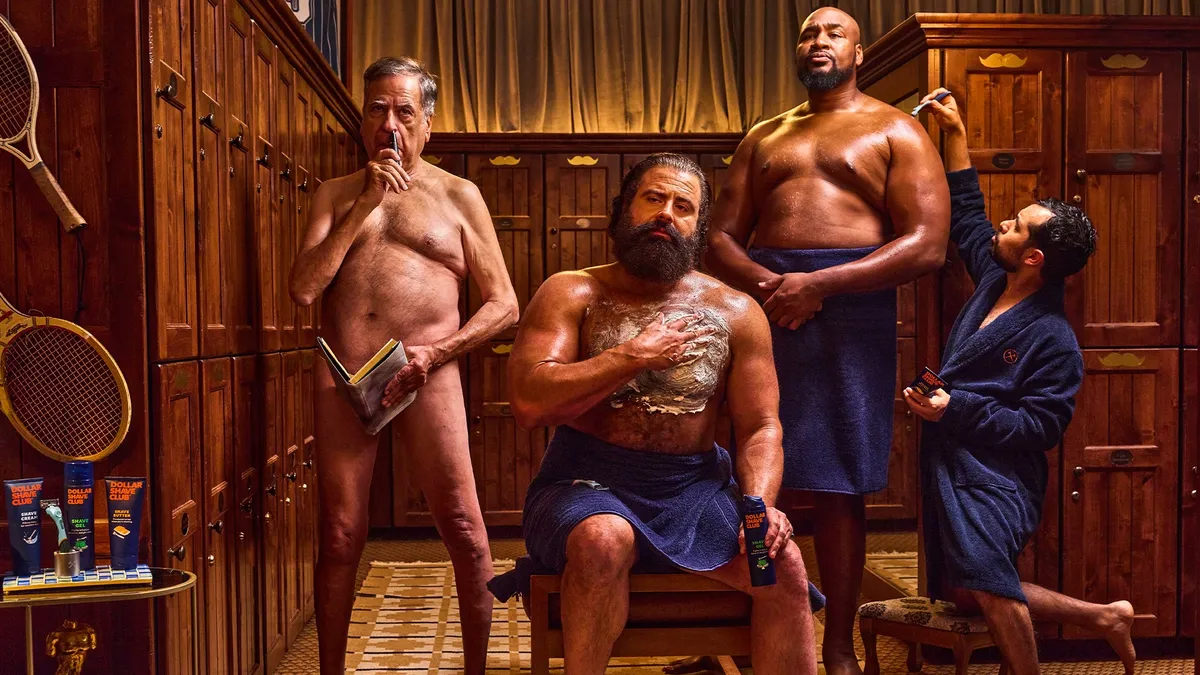Campaign Trail is our look at some of the best and worst new creative efforts from the marketing world. View past columns in the archives here.
Our editor's picks this week include a brand sticking up for a key ambassador during a point of adversity, a rap battle in the vein of "Eight Mile" (featuring Elton John) and a fun use of voice technology tied to a Broadway and box office hit:
Nike's Serena Williams campaign capitalizes on coincidental controversy
The rundown: On Monday, Nike launched its "Voice of Belief" campaign featuring tennis star Serena Williams. The ad, by Wieden + Kennedy Portland, intercuts training footage of a nine-year-old Williams and her contemporary on-court highlights. The voice-over is pulled from the old footage, as her father and coach Richard Williams encourages her with statements like "This is you at the U.S. Open," and ends with the tagline "It's only crazy until you do it." The ad will run on broadcast in 60- and 15-second versions, and the campaign includes digital billboards, per Adweek.
Notably, the ad was released three days after the French Open banned the catsuit Williams wore at the event in May 2018. "It will no longer be accepted," said French Tennis Federation president Bernard Giudicelli. "One must respect the game and the place." While the eye-catching, form-fitting catsuit promoted Williams clothing line and was inspired by "Black Panther," it was also functional, helping with Williams' blood circulation and staving off the blood clots that nearly killed her when she gave birth in September 2017.
After the French Open announcement, Nike tweeted, "You can take the superhero out of her costume, but you can never take away her superpowers." It didn't seem to matter to Williams: on the day the campaign launched, she wore a one-shouldered tutu dress en route to winning her first match the 2018 US Open (she won again on Thursday in a lavender one). The tutu dress was designed by Kanye West collaborator and Louis Vuitton artistic director Virgil Abloh as part of a forthcoming Off-White x Nike collection.
The results: The Nike ad was a smash, scoring nearly 4.5 million views on YouTube and 9.5 million views on Twitter as of press time. While the touching, inspirational ad — featuring a global sports star — would probably have performed well enough, the fortuitous timing of events outside Nike’s control has supercharged the ad on social media.
The French Open's dress code announcement is the latest in a line of career-long criticisms about Williams' body, hair and clothing that many find to be racist and sexist. By standing up for their brand ambassador with the "superhero" tweet, Nike was able to prove its "woke" bona fides at a time when consumers — especially younger ones — expect brands to match their values and be cause-driven.
As for Williams unveiling the Nike tutu dress at a time when her court attire and corresponding ad was in the spotlight? Game, set and match.
—Chris Kelly
Elton John crashes a rap battle in Snickers' latest ad around hunger
The rundown: The camera smoothly glides from the street into a noisy house party, zeroing in on a crowd of rapt attendees watching a rap battle. After one combatant finishes a fiery performance, the next challenger, Boogie, is called up and the party-goers are instead greeted by … Sir Elton John. John, in a glittering red sequined suit, begins belting out his hit "Don't Go Breaking My Heart" before being told by a fellow emcee to take a step back and eat a snickers, after which he returns to "normal," or as Boogie.
That's the joke behind Snickers' latest ad, which will debut in full on Sept. 1, per a press release. The spot continues a "You're Not You When You're Hungry" messaging strategy and similar campaigns from the Mars candy brand, including 2012's "Locker Room," featuring Joan Collins and Stephanie Beacham, and "Mr. Bean Kung-Fu Master" from two years later.
The results: Snickers is clearly shooting for cross-generational appeal with its latest creative around hunger, tapping a legacy act like Elton John, a relative newcomer in Boogie, who's signed to Eminem's Shady Records label, along with other rising hip-hop talent like Emarr Kuhomano and Monique Lawz. The setting of the spot recalls Eminem's semi-autobiographical 2002 film "Eight Mile" as well, which depicted intense, gritty rap battles — albeit without any appearances from knighted singer-songwriters.
It's the latest in a string of recent brand efforts that have centered around the rap battle conceit. PepsiCo's Doritos and Mountain Dew brands staged a lip sync rap battle between Morgan Freeman and Peter Dinklage for their Super Bowl push this year. Last fall, Wendy's and fellow fast-food spot Wingstop also engaged in a playful Twitter back-and-forth riffing on Migos' single "Bad and Boujee."
It will be interesting to see if Snickers tries to evolve the creative in any way beyond the video ads. While they're funny, they don't have the innovative edge of other recent efforts from the Mars label, including a social listening tool monitoring internet users "hanger" levels, a parody of company apology ads or a series of escape rooms designed around its three new flavors.
—Peter Adams
'Mamma Mia!' composes first Alexa game to support a movie soundtrack
The rundown: Capitol Records, working with audience participation platform Telescope, introduced the Mamma Mia! Finish The Lyric Game, the first game-based Alexa skill to support a movie soundtrack, according to a press release provided to Marketing Dive.
To show off their familiarity with Abba's music, users open the skill, listen to songs and fill in the missing lyrics to advance. The game features well-known Abba songs from both the "Mamma Mia!" and "Mamma Mia! Here We Go Again" soundtracks, including "Waterloo," "Dancing Queen" and more. Seven levels featuring four songs each are available at launch. Fans are also able to purchase the soundtrack directly from the skill via voice.
The results: While there is no shortage of brands releasing voice-activated Alexa skills — or mini interfaces — this one feels like a strong pairing that could drive results for Amazon, Abba, Capitol Records and Universal Pictures, which released the film.
Abba songs have a reputation for being cheesy fun that are easy to sing along to, something the "Mamma Mia!" films — as well as the stage show they are based on — exploit for entertainment purposes. The films may not be blockbusters, but they have enduring appeal, as do the songs, with the soundtrack for the sequel recently peaking at no. 3 on the Billboard Top 200. Making it easy for fans to bring the fun into their homes via a game helps Amazon reinforce that Alexa offers a range of voice-activated experiences beyond checking the headlines, including music. The e-commerce giant is competing against Google, Apple and others for dominance in smart speakers and streaming music.
A game has the potential to drive repeat engagement which, in turn, could lead to sales for digital copies of the films and the soundtrack. The integration of soundtrack purchasing with the skill could expose consumers to voice-activated commerce — something that hasn't taken off yet. If they have a positive experience, they may be more likely to purchase via a digital assistant again in the future.
—Chantal Tode








